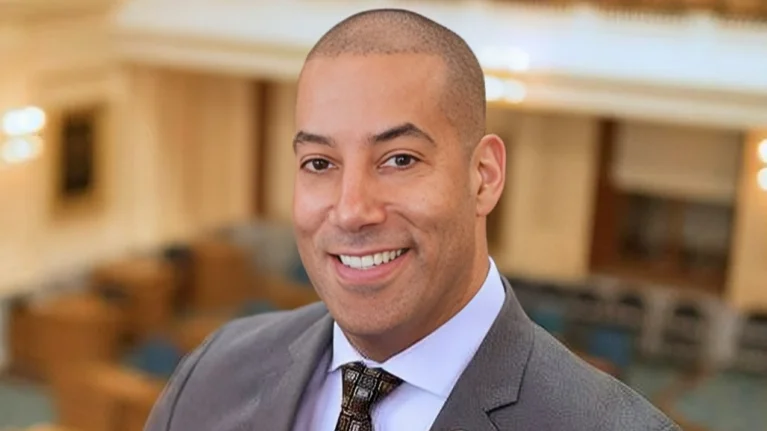
The NJEA Consortium has introduced a new macro-curriculum aimed at helping educators create inclusive, peer-reviewed resources. The curriculum, which was launched in June 2025, is the result of collaboration among the Consortium Design Team Ambassadors, the NJEA Professional Development and Instructional Issues Division, and various stakeholders.
The project began in April 2022 under the name "Cultivating Community, Action, Justice and Understanding through the NJEA Consortium." Supported by grant funding, its main objective is to develop educational materials that address required topics such as the Holocaust, Amistad, LGBTQIA+, persons with disabilities, Asian American Pacific Islander history, and other marginalized groups’ histories. The macro-curriculum provides an overarching framework outlining essential principles and student learning goals.
Built on Grant Wiggins’ and Jay McTighe’s Understanding by Design framework, the curriculum focuses on helping students make sense of their learning while developing skills they can use throughout life. The framework includes Transfer Goals—abilities students should be able to apply independently in different contexts.
There are four core themes within the curriculum: Self and Identity; Institutions and Structure; Equity and Equality; Activism and Advocacy. Each theme contains specific objectives and guiding questions for students to consider.
For example, the Self and Identity theme aims to help students understand themselves and others across global communities. Essential questions include: How might I better understand myself? How might I play a role in how my communities are shaped? How might we honor our own cultures and identities without diminishing those of others?
The Institutions and Structure theme focuses on recognizing social injustices and power dynamics with questions such as: Are all people treated equally? Why does inequity matter? How might we challenge inequities in all communities?
Equity and Equality encourages civic responsibility by prompting students to investigate fairness through democratic principles. A key question is: How and why do individuals and groups become actively inclusive—rather than bystanders—in the face of injustice?
Activism and Advocacy seeks to develop critical thinkers capable of advocating for social justice. Students are encouraged to learn from past movements to inform decisions about taking a stand against injustice.
Jay McTighe reviewed the macro-curriculum. He stated that its three elements—Transfer Goals, Associated Understandings, Essential Questions—are “clearly expressed and well aligned.” He also said that Transfer Goals are “appropriately aspirational, describing hoped-for students’ and citizens’ actions,” while associated understandings clarify what is needed to achieve those goals.
A live discussion between Drs. Chrissi Miles, Kim Pinckney, and Jay McTighe about this curriculum is available on the NJEA Consortium Professional Development Portal via QR code access.
Educators can use this macro-curriculum as a foundation for lesson planning by drawing upon its Enduring Understandings as central ideas and using Essential Questions to guide student inquiry. This initiative supports the development of comprehensive educational materials through professional learning opportunities for NJEA members.
Dr. Chrissi Miles serves as director of the NJEA Professional Development and Instructional Issues Division (cmiles@njea.org). Dr. Kim Pinckney is an associate director in that division as well as Consortium Coordinator (kpinckney@njea.org).
Additionally, the NJEA Justice and Equity Fellowship aims to empower members committed to advancing justice within their organization, communities, or statewide in New Jersey.